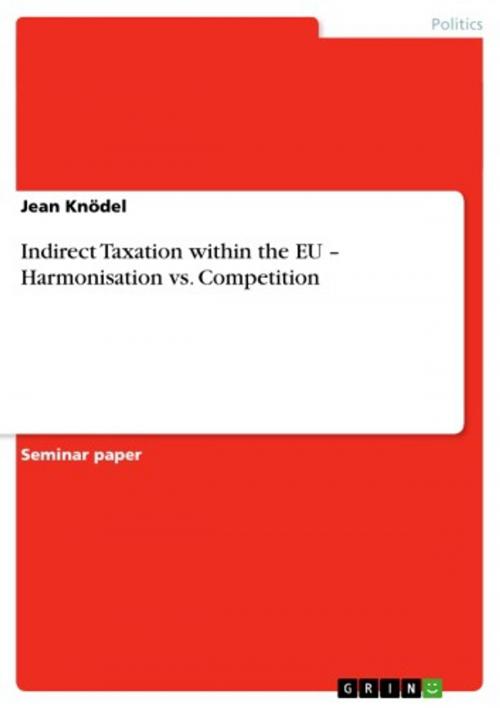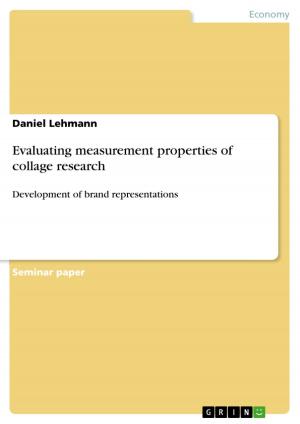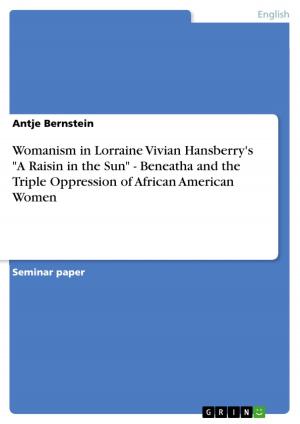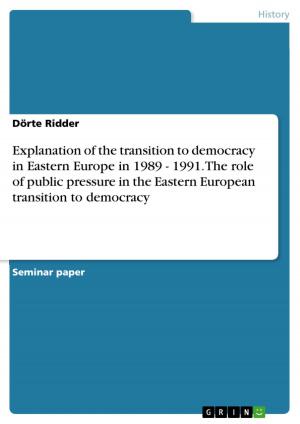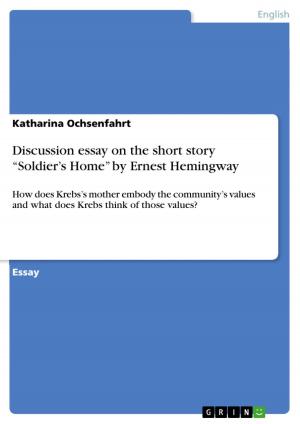Indirect Taxation within the EU - Harmonisation vs. Competition
Harmonisation vs. Competition
Nonfiction, Social & Cultural Studies, Political Science| Author: | Jean Knödel | ISBN: | 9783640334780 |
| Publisher: | GRIN Publishing | Publication: | May 28, 2009 |
| Imprint: | GRIN Publishing | Language: | English |
| Author: | Jean Knödel |
| ISBN: | 9783640334780 |
| Publisher: | GRIN Publishing |
| Publication: | May 28, 2009 |
| Imprint: | GRIN Publishing |
| Language: | English |
Seminar paper from the year 2008 in the subject Politics - International Politics - Topic: European Union, grade: 1,3, University of Hamburg (Master of Arts European Studies), course: The European Economic and Monetary Union: challenges and perspectives , language: English, abstract: While the economic integration of the EU is already on an advanced level due to the establishment of the Single Market and the European Monetary Union (EMU), it can be stated that some significant fields are lagging behind. Amongst others, the harmonisation of indirect taxes within the EU is a controversial topic (Genschel 2002: 16, Randzio-Plath 1999: 665). Any fiscal harmonisation hardly alludes to the funding basis of the public budget of the several MS. In the range of indirect taxes, value added tax (VAT), which is especially problematic for allocation politics, is already harmonised on a high level, while at the same time other excise duties were harmonised only hesitantly. The aim of this paper is to examine the question of whether there is more harmonisation than competition in the field of indirect taxation in the EU. In general, the paper will deal with the question of what fiscal harmonisation actually is and which consequences can arise from a situation of competition for the government.
Seminar paper from the year 2008 in the subject Politics - International Politics - Topic: European Union, grade: 1,3, University of Hamburg (Master of Arts European Studies), course: The European Economic and Monetary Union: challenges and perspectives , language: English, abstract: While the economic integration of the EU is already on an advanced level due to the establishment of the Single Market and the European Monetary Union (EMU), it can be stated that some significant fields are lagging behind. Amongst others, the harmonisation of indirect taxes within the EU is a controversial topic (Genschel 2002: 16, Randzio-Plath 1999: 665). Any fiscal harmonisation hardly alludes to the funding basis of the public budget of the several MS. In the range of indirect taxes, value added tax (VAT), which is especially problematic for allocation politics, is already harmonised on a high level, while at the same time other excise duties were harmonised only hesitantly. The aim of this paper is to examine the question of whether there is more harmonisation than competition in the field of indirect taxation in the EU. In general, the paper will deal with the question of what fiscal harmonisation actually is and which consequences can arise from a situation of competition for the government.
